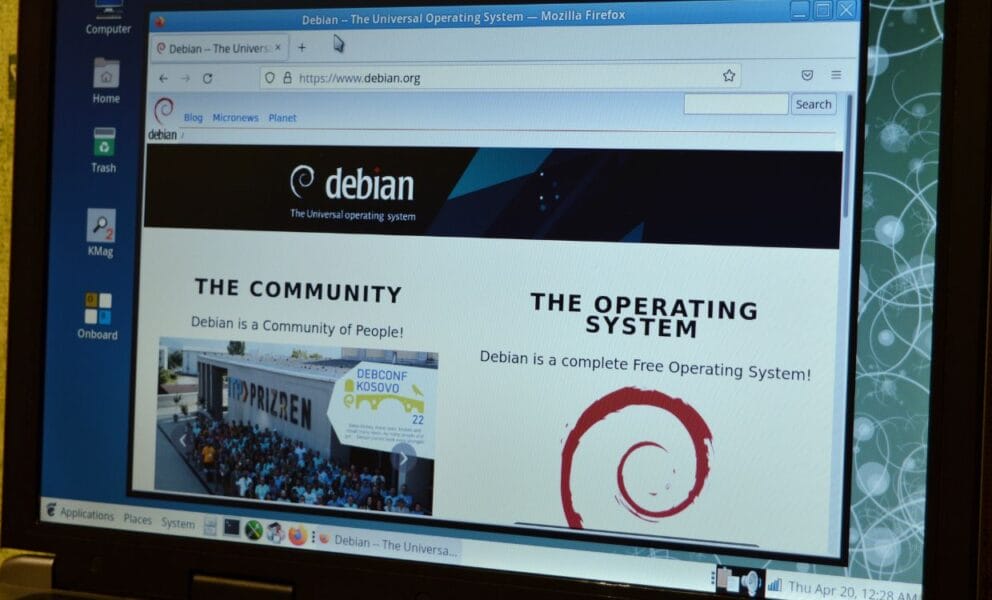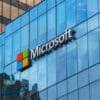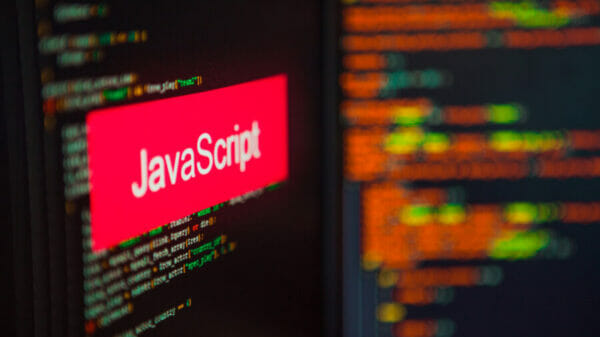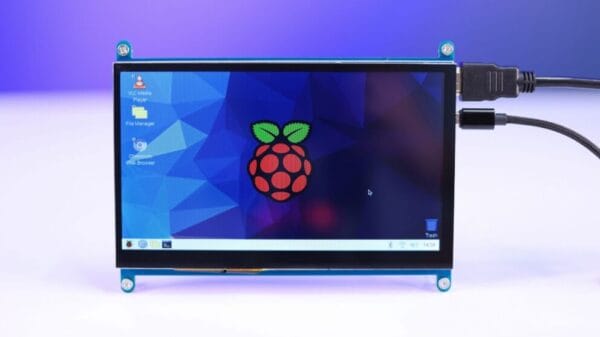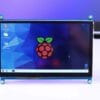After over 2 years of work, the long-awaited stable release of Devuan GNU+Linux 1.0 is now accessible for download. This alternative distribution has been designed for Debian enthusiasts who are not fans of systemd. Present Debian 7 and 8 users have the option to upgrade to Devuan Jessie 1.0 by following provided instructions from the developers.
In November 2014, a team of “Veteran Unix Admins” announced their intention to fork Debian GNU Linux in order to provide a version without systemd. After more than two years of development, the first stable release, Devuan GNU+Linux 1.0.0, has been launched.
Compared to the prior Devuan Jessie RC2 release, no significant bugs were reported for Devuan 1.0.0 Stable. Notably, this is a Long Term Support (LTS) release, indicating that it will receive updates beyond the planned lifespan of Debian Jessie. The Devuan team will also contribute to the Debian development process by offering patches.
The developers’ goal is to establish Devuan as a direct, universal GNU+Linux distribution. Following this release, their attention will shift to the next release, Debian ASCII.
Downloading Devuan 1.0.0 and Upgrading from Debian 7 and 8
Official Devuan 1.0 images can be accessed on the website files.devuan.org. Users are also advised to utilize various mirrors to alleviate the bandwidth load.
For offline installation, it is recommended to utilize the DVD or live images. For online installation, NETINST images should be utilized.
For those running Devuan Jessie RC2, a simple command can be executed to perform the upgrade:
apt-get update && apt-get upgrade
For users of Debian 7 (Wheezy) or Debian 8 (Jessie), detailed instructions for upgrading to Devuan can be followed from this page.
Why Did Devuan Developers Choose to Fork Debian?
The reasoning behind this decision is straightforward. The Devuan collective opposed systemd due to their belief that it leads to a lock-in of systemd dependencies, which threatens freedom in the Debian development process. They also had reservations regarding GNOME.
Image Source: Gold Picture @ShutterStock


